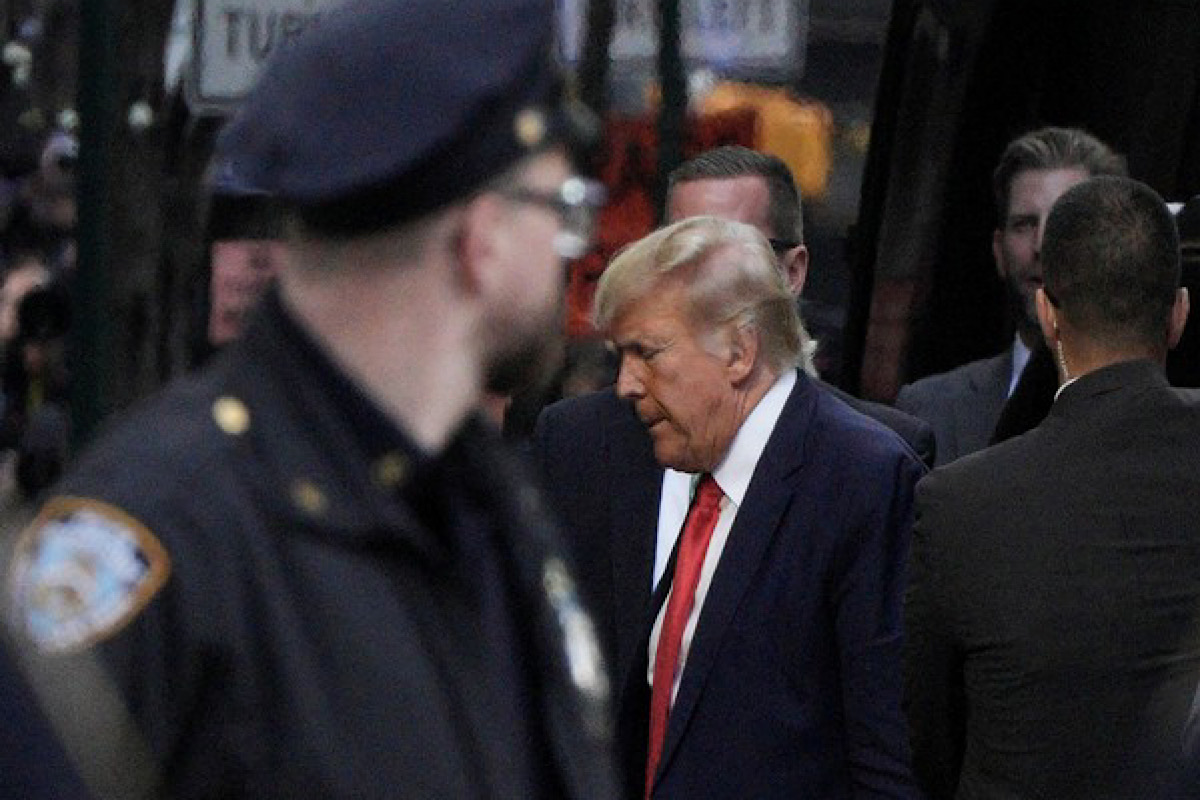The US Supreme Court ruling granting former President Donald Trump immunity for certain official acts related to his 2020 election interference case is a landmark decision that raises significant questions about the boundaries of presidential power and accountability. This decision has profound implications for the rule of law and the integrity of democratic institutions. At the heart of the ruling is the notion that a sitting president has absolute immunity from prosecution for official acts that fall within their “exclusive sphere of constitutional authority.”
This concept is not entirely new, but the court’s application of it to Mr Trump’s actions in the aftermath of the 2020 election stretches its implications to unprecedented lengths. By shielding Mr Trump from prosecution for actions that can be argued to be part of his official duties, the court has set a precedent that could embolden future presidents to engage in questionable or even illegal behaviour with impunity. One of the most concerning aspects of this ruling is its potential to delay justice.
Advertisement
The case, now sent back to US District Judge Tanya Chutkan for further analysis, will likely be tied up in legal wrangling for months. This delay benefits Mr Trump, as it pushes the possibility of a trial beyond the November election. If Mr Trump were to win the election, he could appoint an attorney general who might dismiss this case and others, effectively letting him escape accountability. This scenario underscores a critical flaw in the American legal system: the ability of powerful individuals to manipulate legal processes to their advantage.
Moreover, the ruling calls into question the nature of presidential actions. The court’s conservative majority has drawn a line between official and unofficial acts, but the demarcation is far from clear. For instance, Mr Trump’s relentless pressure on then Vice President Mike Pence to overturn the electoral results and his public incitement leading up to the January 6 Capitol riot are areas that demand closer scrutiny. These actions, while arguably connected to his role as president, also bear the hallmarks of personal political manoeuvring that should not be immune from legal consequences.
The dissenting opinions from the court’s liberal justices highlight the dangerous precedent set by this ruling. Justice Sonia Sotomayor’s vivid dissent warned that the decision places the president above the law, effectively creating a “king” who can operate without accountability. This shift in the balance of power is troubling and contrary to the foundational principles of American democracy, where no one, not even the president, is supposed to be above the law. The integrity of the presidency and the trust of the American people are at stake. It is crucial for the judicial system to find a balance that respects the constitutional authority of the president while ensuring accountability for actions that threaten the democratic fabric of the nation.
